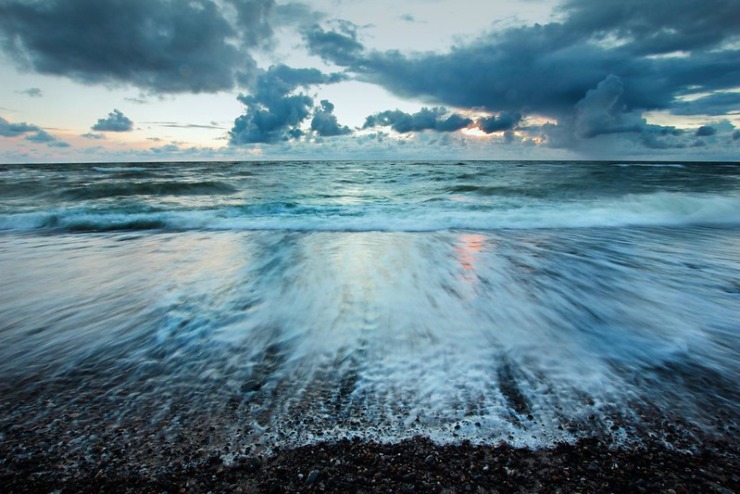Reading Fahrenheit 451 at Last
Fahrenheit 451. It’s the classic everyone’s supposedly read, but…
…you know when you feel like you’ve read a book or watched a movie but actually haven’t? I’m like that with The Karate Kid. Even though the original 1984 movie is a classic of my generation and I’m capable of rattling off famous lines and iconic images, I still haven’t technically sat down to watch it. (Ironically, I binged Cobra Kai, the Netflix show that’s based on The Karate Kid, this past year. This is indeed getting ridiculous.)
The same was true for Fahrenheit 451. Until now.
As a former high school English teacher, I never managed to teach a class with Ray Bradbury’s famous dystopian novel in the curriculum. Later, when I started my own private tutoring business, I helped many students improve their essays about Clarisse, Guy Montag, Mildred’s overdose, Professor Faber, Beatty, Dover Beach, the Mechanical Hound, and other characters and events that became as ingrained in my mind as Mr. Miyagi’s “wax on, wax off.” But a couple of weeks ago, I read the book for the first time.
Having the opportunity to dive into the story while already familiar with the main characters and themes, I immersed myself fully in the language. And the language is indeed beautiful, especially the brief but powerful portions that describe the free-yet-deep-spirited Clarisse McClellan:
“He saw himself in her eyes, suspended in two shining drops of bright water, himself dark and tiny, in fine detail, the lines about his mouth, everything there, as if her eyes were two miraculous bits of violet amber that might capture and hold him intact. Her face, turned to him now, was fragile milk crystal with a soft and constant light in it. It was not the hysterical light of electricity but—what? But the strangely comfortable and rare and gently flattering light of the candle.”
Clarisse proves to be much more than a picture of poetic beauty, of course. She gets into Guy Montag’s head in a way that ends up changing his life: “How rarely did other people’s faces take of you and throw back to you our own expression, your own innermost trembling thought?” Montag thinks, as he reflects on his moment with his mysterious neighbor.
So, of course, I had to write a letter-in-poetry to Clarisse, remembering some of my own 17-year-old “insanity” of being in the world rather than trying to conquer it. Maybe when I finally do watch The Karate Kid, I’ll paint a poem about it on a fence with as much grace as Daniel LaRusso.
Dear Clarisse
When people ask your age … always say seventeen and insane
—Clarisse McClellan, Fahrenheit 451
I was insane once, too,
intoxicated by the smell of my own perfume
sweeping the pier at night
as light skipped over the water.
In daylight, I’d bike back to the beach
with peaches and books
in my backpack, more in love
with the patterns of juice on print
than the stories themselves,
though I knew I was writing my own.
Would we have been friends,
stopping to think about the words
we shared, picking petals
out of the pink blurs of ice plant
everyone else sped past?
Would we laugh, then fall silent,
thinking too many things together
as the world burned on?
Would we take shelter
in the moonlight, our ponytailed shadows
stretching like giants in the grass?
Poetry Prompt
Write an epistolary poem (letter in verse) to one of the characters in Fahrenheit 451. Use an epigraph, or a short quotation from the novel, to set the stage for your poem.
Browse more letters to literary characters
Photo by D. Reichardt, Creative Commons license via Flickr. Post by Tania Runyan.
“For years I’ve searched for a poetry-writing text that provides enough substance without the inevitable overload of content I’ll never cover. Now my search is complete.”
—Nathaniel L. Hansen; Assistant Professor of English & Creative Writing, University of Mary Hardin-Baylor; Director, Windhover Writers’ Festival
- Flowers of California: California Poppy - December 8, 2022
- Flowers of California: Lily of the Nile - October 13, 2022
- Flowers of California: Crape Myrtle - October 5, 2022



Megan Willome says
I would read a whole novel about Clarisse, but I’m grateful to have your poem.
I read “Fahrenheit 451” on my own, as it never appeared in any curricula that crossed my path. I think I was in my 30s, and I’m glad I waited.